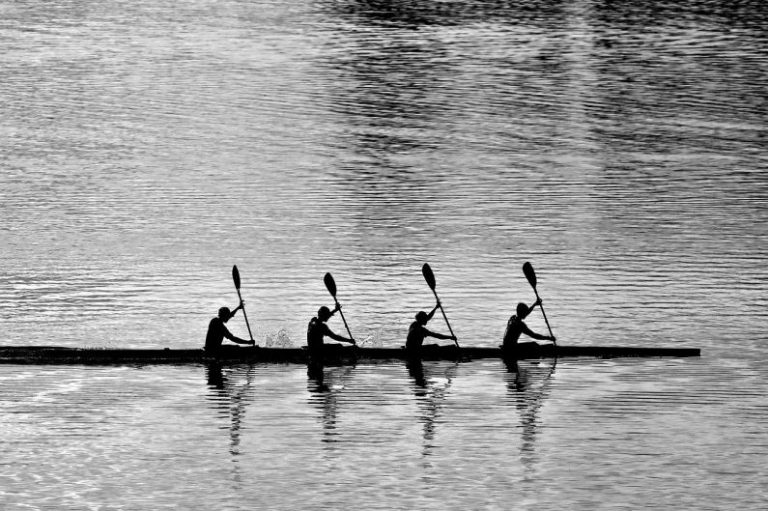
Competitive rowing demands peak physical performance from athletes, requiring a combination of strength, endurance, and technique to excel on the water. While training regimes and techniques are crucial for success in this sport, the role of nutrition should not be underestimated. Proper nutrition plays a significant role in enhancing rowing performance, aiding in recovery, and overall well-being of rowers. In this article, we will delve into the importance of nutrition in competitive rowing and how it can impact an athlete’s performance on the water.
Fueling Your Performance
Nutrition serves as the fuel for the body, providing the energy required for the physical demands of rowing. Carbohydrates are the primary source of energy for rowers as they are quickly converted into glucose, which is then used by the muscles during exercise. Including complex carbohydrates like whole grains, fruits, and vegetables in the diet ensures a steady release of energy, vital for sustained rowing sessions. Adequate intake of carbohydrates before a race or training session can help optimize performance and delay fatigue.
Protein is another essential macronutrient for rowers as it plays a crucial role in muscle repair and growth. Rowers need to consume an adequate amount of protein to support recovery after intense training sessions and to maintain muscle mass. Good sources of protein include lean meats, poultry, fish, eggs, dairy products, and plant-based sources like legumes and nuts. Including protein in each meal and snack can help rowers meet their daily requirements and support their training goals.
Hydration is Key
Proper hydration is vital for rowers to maintain performance and prevent dehydration, which can impair physical and mental function. Dehydration can lead to a decrease in endurance, coordination, and overall performance on the water. Rowers should aim to drink water consistently throughout the day and pay attention to their fluid intake before, during, and after training sessions or races. Electrolytes lost through sweat can be replenished with sports drinks or electrolyte-enhanced water to maintain fluid balance and support optimal performance.
The Importance of Micronutrients
In addition to macronutrients like carbohydrates, protein, and fats, rowers also need an adequate intake of micronutrients to support overall health and performance. Vitamins and minerals play essential roles in various physiological processes in the body, including energy production, muscle function, and recovery. Nutrient-dense foods like fruits, vegetables, whole grains, nuts, and seeds are rich sources of vitamins and minerals that can help support the nutritional needs of rowers.
Nutrition for Recovery
Recovery is a crucial aspect of training for rowers as it allows the body to repair and adapt to the physical stress of rowing. Nutrition plays a key role in the recovery process by providing the nutrients needed to replenish glycogen stores, repair muscle damage, and reduce inflammation. Consuming a combination of carbohydrates and protein after a training session or race can help enhance recovery and prepare the body for the next session.
Mindful Eating for Performance
In addition to the macronutrient and micronutrient needs of rowers, the timing and composition of meals can also impact performance on the water. Eating a balanced meal containing carbohydrates, protein, and fats 2-3 hours before a training session or race can help provide sustained energy and prevent hunger during exercise. Snacks rich in carbohydrates and protein can be consumed 30-60 minutes before a workout to top up energy levels and support performance.
Fueling for Success
Competitive rowing requires a holistic approach to training, including proper nutrition to support performance, recovery, and overall health. By focusing on fueling the body with the right balance of macronutrients, staying hydrated, and consuming adequate vitamins and minerals, rowers can optimize their performance on the water. Remember, nutrition is not just about what you eat, but also about how it can impact your performance and well-being as a competitive rower. Prioritize your nutrition to fuel your success on the water and achieve your full potential in the sport.





